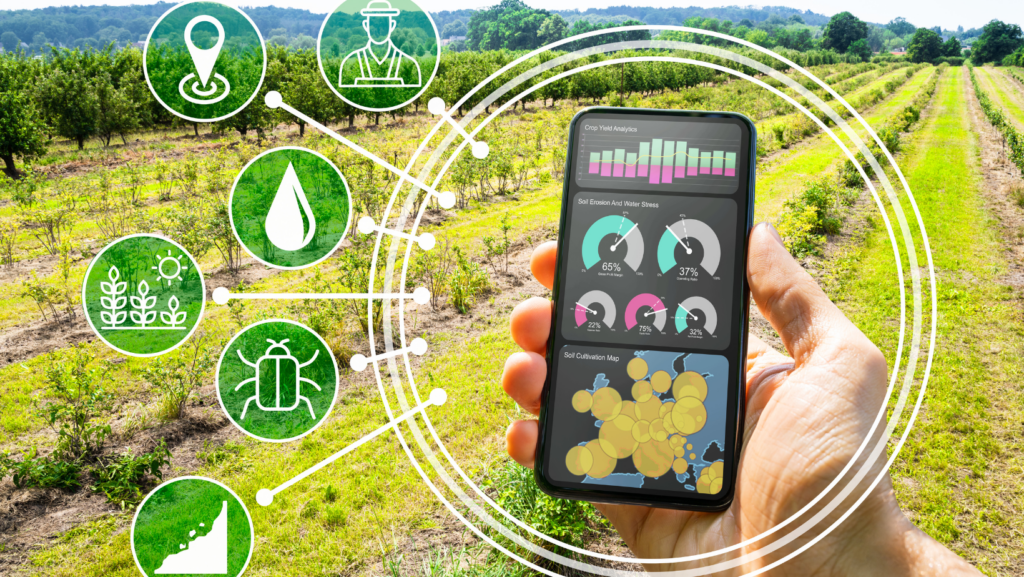In the rapidly evolving tech landscape, application development is no longer a choice, but a necessity. It’s a dynamic world where innovative features and functionalities can make or break an app’s success. This article will delve into the crux of these essential elements, shedding light on the must-have features in modern application development.
From intuitive user interfaces to robust security protocols, the article explores the key aspects that developers shouldn’t overlook. Whether you’re a seasoned developer or a budding tech enthusiast, understanding these features could be your ticket to creating a top-notch application. Let’s embark on this insightful journey to decode the intricacies of application development features.
Application Development Features
 Building on the refinement of technology’s landscape, it’s time to delve into the core of application development: its integral features. Special attention is given to understanding what application development features entail and their significance in the creation of successful applications. Application development features refer to essential components incorporated during the app’s design and production phases. Notably, these include elements such as user-friendly interfaces, robust security protocols, consistent performance, functionality, and catchy designs. To clarify, user-facing features like the interface or app colour scheme facilitate engagement, while behind-the-scenes features such as security measures and performance optimization ensure the application’s stable and safe operation.
Building on the refinement of technology’s landscape, it’s time to delve into the core of application development: its integral features. Special attention is given to understanding what application development features entail and their significance in the creation of successful applications. Application development features refer to essential components incorporated during the app’s design and production phases. Notably, these include elements such as user-friendly interfaces, robust security protocols, consistent performance, functionality, and catchy designs. To clarify, user-facing features like the interface or app colour scheme facilitate engagement, while behind-the-scenes features such as security measures and performance optimization ensure the application’s stable and safe operation.
Importance of Application Development Features
 These app development characteristics hold immense importance as they largely determine an application’s success. For instance, an intuitive user interface eases navigation and improves user experience, fostering user satisfaction and loyalty. Security features, meanwhile, protect user data, instill confidence, and abide by regulatory requirements, contributing to the application’s credibility. Moreover, impressive performance and functionality meet user expectations and foster a positive user experience, directly influencing the application’s reception and continued use. Hence, understanding and implementing these essential application development features is key to creating high-quality, successful apps.
These app development characteristics hold immense importance as they largely determine an application’s success. For instance, an intuitive user interface eases navigation and improves user experience, fostering user satisfaction and loyalty. Security features, meanwhile, protect user data, instill confidence, and abide by regulatory requirements, contributing to the application’s credibility. Moreover, impressive performance and functionality meet user expectations and foster a positive user experience, directly influencing the application’s reception and continued use. Hence, understanding and implementing these essential application development features is key to creating high-quality, successful apps.
Core Features in Application Development
 Delving deeper into the realm of application development, crucial elements, including user interface design, responsiveness and performance, and data management and security, take center stage. Using these core features, developers craft high-quality and highly effective applications. User interface design stands as a paramount feature in application development. It’s an art and science combined where aesthetic meets functionality. It involves the creation of a visually pleasing yet easy-to-navigate layout, utilizing elements such as graphics, fonts, and interaction mechanisms. For example, successful applications leverage contrasting colors for text and background, strategically placed buttons for ease of use, and intuitive gestures for seamless navigation. User interface design significantly influences user impressions and engagement, proving vital for application success.
Delving deeper into the realm of application development, crucial elements, including user interface design, responsiveness and performance, and data management and security, take center stage. Using these core features, developers craft high-quality and highly effective applications. User interface design stands as a paramount feature in application development. It’s an art and science combined where aesthetic meets functionality. It involves the creation of a visually pleasing yet easy-to-navigate layout, utilizing elements such as graphics, fonts, and interaction mechanisms. For example, successful applications leverage contrasting colors for text and background, strategically placed buttons for ease of use, and intuitive gestures for seamless navigation. User interface design significantly influences user impressions and engagement, proving vital for application success.
Responsiveness and Performance
A key component in application development, responsiveness and performance certainly affect the user’s overall experience. Performance denotes the speed and smoothness of the application, how quickly it responds to user commands. Responsiveness, on the other hand, measures the app’s ability to adjust suitably across different devices or screen sizes. For instance, a high-performing app ensures instant feedback to user inputs, while a responsive design guarantees an optimal layout on a mobile phone, a tablet, or a desktop device. Prioritizing these elements directly impacts application reception and usage.
Data Management and Security
Finally, no conversation about application development can be complete without mentioning data management and security. Effective data management involves organizing and structuring data efficiently, aiding in streamlined operations and robust analytics. For example, capturing user preferences aids in providing personalized experiences. Security features serve as a safeguard for collected data, ensuring protection against cyber threats. The existence of robust encryption techniques and strict access controls demonstrates strong app security. Users value their data, and thus, robust data management and strong security protocols are indispensable aspects of successful applications.Artificial Intelligence (AI) and Machine Learning (ML) are shifting the paradigm in application development. Implementing these technologies furthers developers’ ambitions to create intuitive, adaptive applications. For instance, chatbots with AI capabilities enhance user interaction, assisting in tasks like booking tickets or answering general queries. Similarly, ML algorithms adaptively learn from user activities, facilitating personalized recommendations in eCommerce applications.

